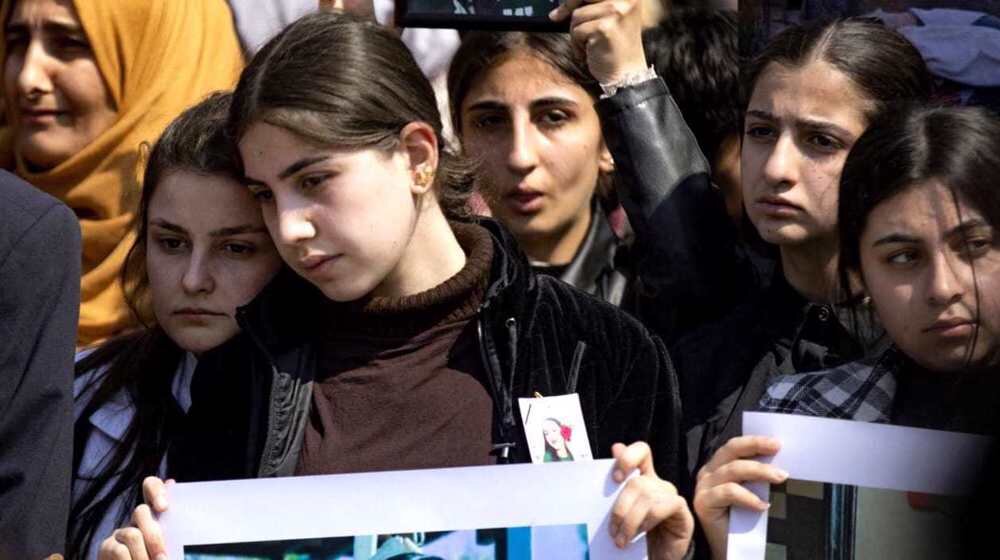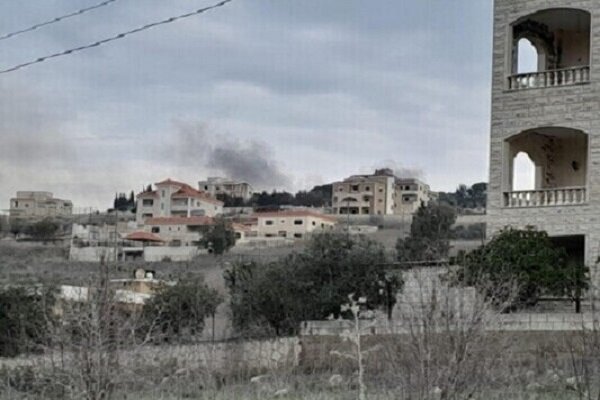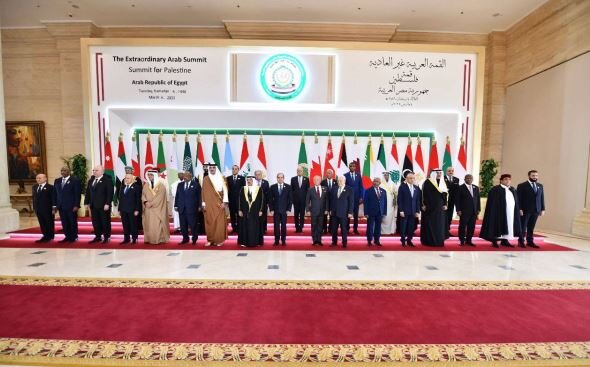Shocking Report: Syrian Militants Enslave Alawite Women in Idlib Governorate
Syria is currently facing a disturbing trend of kidnappings targeting young women from the Alawite community. This alarming situation intensified after the former Al-Qaeda affiliate, Hayat Tahrir al-Sham (HTS), overthrew President Bashar al-Assad’s government in December. Reports indicate that these women have been abducted by armed militants linked to the new Syrian authorities and forced into sexual slavery in the Idlib governorate, a known stronghold of HTS.
According to a report by The Cradle, the mass abduction and enslavement of Alawite women closely resemble the tragic fate of thousands of Yezidi women during the 2014 genocide in Sinjar, Iraq. The gravity of this situation cannot be overstated, as it highlights the ongoing humanitarian crisis in Syria.
Hiba Ezzedeen, a Syrian activist from Idlib, shared her firsthand experience regarding this issue in a now-deleted Facebook post. She recounted an encounter with a woman who had been captured and taken to Idlib as a sex slave during the brutal massacre of Alawites along the coastal regions on March 7.
“During my last visit to Idlib, I was at a place with my brother when I saw a man I knew with a woman I had never met before,” Ezzedeen recounted. “This man had been married multiple times before and is believed to currently have three wives. What caught my attention was the woman’s appearance—specifically, it was clear she didn’t know how to wear a hijab properly, and her scarf was draped haphazardly.”
Ezzedeen later discovered that the woman came from the coastal areas where the March 7 massacres occurred. “This man had brought her to the village and married her, with no further details available. No one knew what had happened to her or how she got there, and naturally, the young woman was too afraid to speak,” she added.
Further inquiries by Ezzedeen into the abduction of Alawite women revealed troubling confirmations. “Unfortunately, many confirmed that this had indeed happened, and not just by one faction. Based on what friends said, accusations point to factions of the National Army and some foreign fighters, with varying motives,” she reported.
The recent power shift in Syria has seen HTS-led forces merge with armed extremist groups, including factions of the Turkey-backed Syrian National Army (SNA). Many SNA commanders and foreign militants have been appointed to high-ranking positions within the Syrian Ministry of Defense. The same factions are believed to have orchestrated the violent events of March 7.
During this massacre, militants reportedly went from door to door in Alawite villages, executing all military-aged men they could find, and in some cases, killing women, children, and the elderly. The brutality of these actions has sparked outrage among the community and beyond.
Ezzedeen concluded her post with a passionate plea: “This is a serious issue that cannot be ignored. The government must immediately reveal the fate of these women and release them.” Her brave reporting has shed light on the plight of many young women from minority communities who have mysteriously vanished in recent months.
In retaliation for her revelations, the HTS-appointed governor of Idlib issued an order for Ezzedeen’s arrest, alleging that she had “insulted the hijab.” This response underscores the dangers faced by activists and journalists working to expose human rights violations in the region.
Since HTS took control of Damascus on December 8 last year, following a rapid offensive that began in the northwestern province of Aleppo just two weeks prior, the power dynamics in Syria have shifted dramatically. This transition marks the end of Assad’s 24-year rule and has led to significant changes in the political landscape.
In conclusion, the situation facing Alawite women in Syria is dire and requires immediate attention. The ongoing wave of kidnappings and forced marriages is a stark reminder of the human rights violations occurring in the region. Activists like Hiba Ezzedeen are crucial in bringing these issues to light, but they also face severe repercussions for their courage. The international community must act swiftly to address the plight of these women and hold accountable those responsible for these heinous acts.






